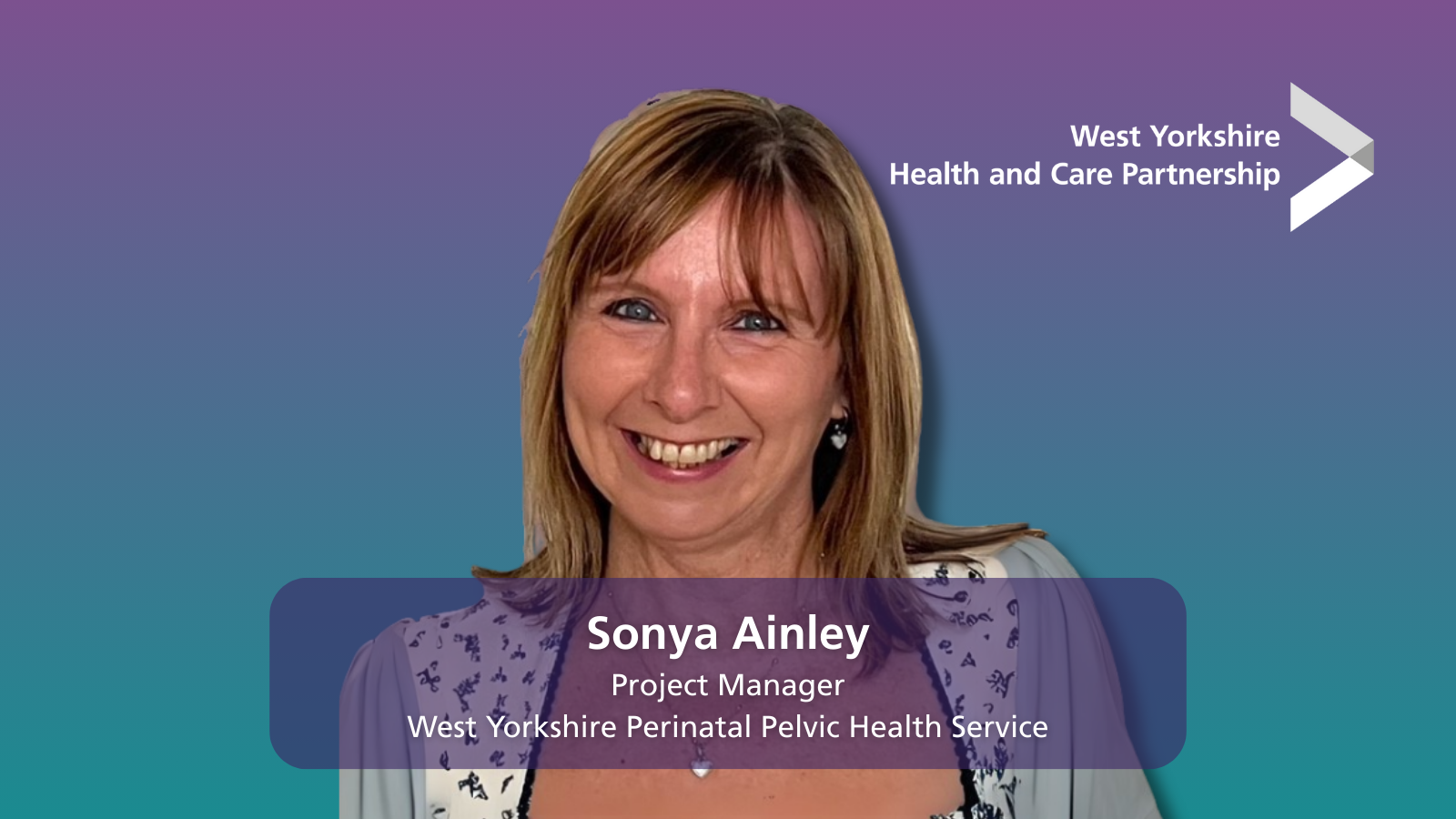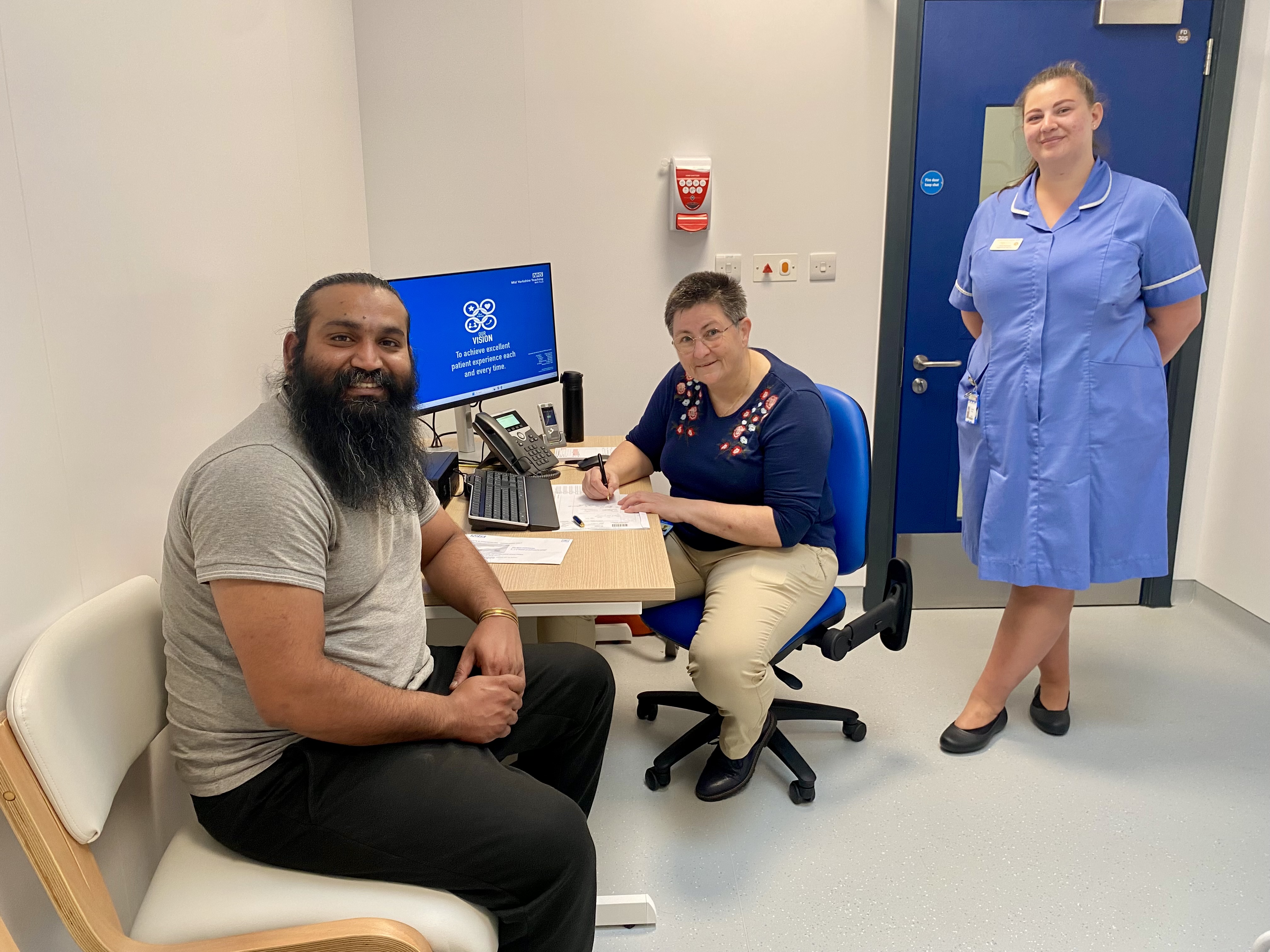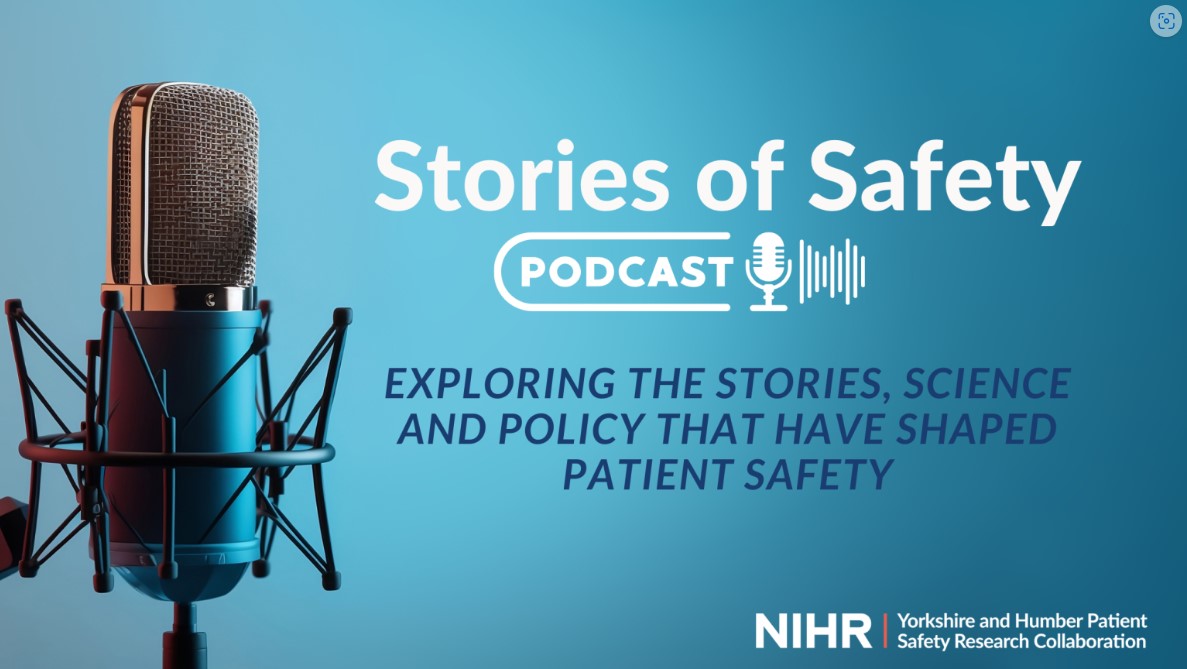The world is facing an unprecedented number of compounding crises - with women, girls, and gender diverse people disproportionately affected - increasing risks of pregnancy complications and limiting access to essential health services.
In these challenging times, midwives are critical. They are trusted first responders within their communities, providing safe births, antenatal and postnatal care for mother and baby, including emotional and practical support, advice and education as required.
Midwives in West Yorkshire and Harrogate provide care for women and their families who have fled conflict abroad, as well as those who are escaping domestic violence locally. Maternity care is more complicated than ever, with increased rates of caesarean section and induction of labour. In addition, a high proportion of women have physical or social complexities that make maternity care more challenging to deliver.
The ongoing staffing challenges in midwifery and continued media scrutiny require additional resilience of our highly skilled midwives.
Over the last year, midwives have continued to work tirelessly within the West Yorkshire and Harrogate Local Maternity and Neonatal System (LMNS). They have worked within their local communities and provider services as well as collaboratively across the LMNS to learn and improve services.
The current focus of the LMNS is to ensure implementation and embedding of the Three Year Delivery Plan for Maternity & Neonatal Services, now into its third year. The voices of our service users are at the heart of everything we do and we are working to ensure maternity and neonatal voices partnerships leads are embedded strategically within our provider organisations.
Health inequalities are prevalent in our communities and our updated equity and equality plan describes our priorities for the next three years. We are working with our system partners to maximise impact, including focus on the role of health equity leads, health inequalities in neonatal care, diabetes, trauma informed care, resources for fetal alcohol spectrum disorder, preconception care and complex social factors.
We are also implementing a perinatal pelvic health service. This is providing specialist care and advice for the prevention, identification and access to NICE recommended treatment for ‘mild to moderate’ pelvic health problems antenatally and at least one year postnatally (please see below for more on this).
Developing and sustaining our workforce has remained a key focus for action and our midwifery vacancy rates have decreased significantly. Our LMNS centralised recruitment for newly qualified midwives is now in its fifth year and our new website showcases maternity careers within the system.
We continue to share learning from incidents and adverse outcomes across the system, including providing peer review and support as required. We are currently developing additional resources for women, based on learning and theming from data and events.
Further information on our key achievements of the LMNS during 2024/25 can be found in our Year in Review Report.
Our priorities for 2025/26 include improving service user experience during induction of labour, improving communication where care is shared between organisations, learning from mortality and identifying quality improvements, improving the provision of personalised care and improving and enhancing care for those most in need.
Thank you for reading


 International Day of the Midwife
International Day of the Midwife
 Lead oncology nurse receives royal invitation
Lead oncology nurse receives royal invitation Women’s health grants awarded to community-led projects in Bradford District and Craven
Women’s health grants awarded to community-led projects in Bradford District and Craven Community spirit in action: Muslims for MRI raise an incredible £170,000 for local NHS trust’s MRI appeal
Community spirit in action: Muslims for MRI raise an incredible £170,000 for local NHS trust’s MRI appeal  MY Surgical Hub at Dewsbury sees first patients
MY Surgical Hub at Dewsbury sees first patients Stories of Safety podcast series launched
Stories of Safety podcast series launched